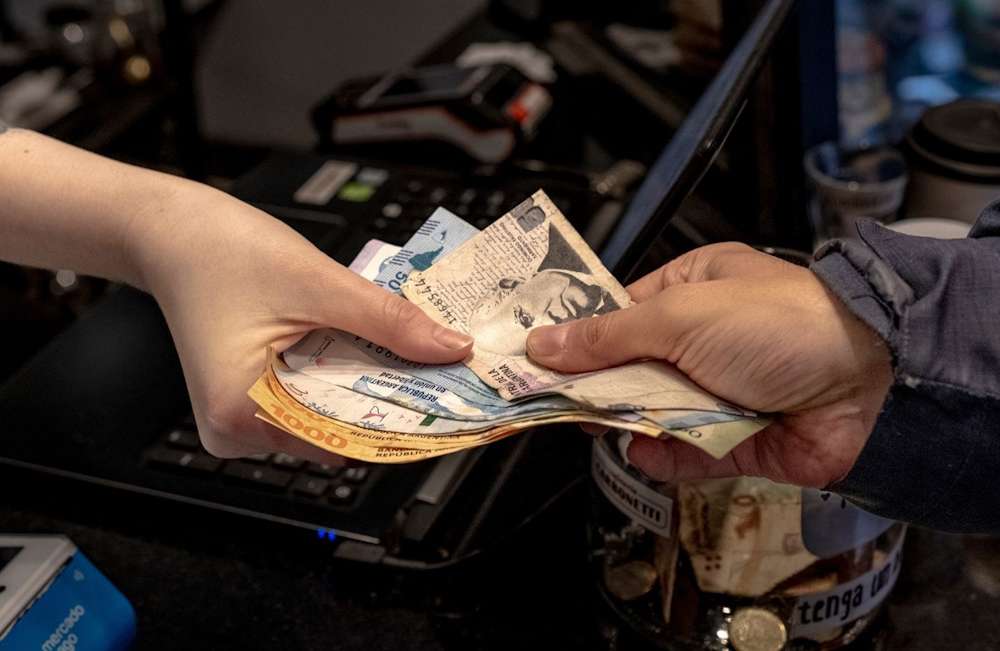In June, there was a notable increase in monthly dollar purchases, coinciding with the upcoming national legislative elections in Argentina scheduled for October 26. A recent report from the Central Bank reveals that one million individuals chose to purchase United States currency last month, amounting to a total of US$2.4 billion. This marks an increase from the US$2.2 billion that was acquired in May. In Argentina, citizens often take the precaution of stocking up on dollars ahead of elections. This strategy aims to safeguard their savings and brace for potential devaluations of the Argentine peso, inflation spikes, and other economic uncertainties that could arise based on the election outcomes.
This highlighted a significant disparity, as only 544,000 individuals engaged in dollar sales, totaling US$396 million in June. The Argentine Central Bank has unveiled its latest report, titled Evolution of the Exchange Market and Exchange Balance, which contains the newly released data. June marked the second complete month since the lifting of currency restrictions, commonly referred to in Argentina as the “cepo.” On April 14, Economy Minister Luis Caputo announced the lifting of certain controls, which had previously limited the general population to purchasing only up to US$200 per month legally in banks. However, this process was accompanied by several restrictions on who was eligible to buy dollars.
For several years, Argentina implemented controls, coinciding with the rise of an illegal dollar market, commonly referred to as “blue dollar” trading. The report details purchases that were made legally at banks. In June, net purchases for small clients surpassed US$2 billion, exceeding the US$1.9 billion recorded in May. In addition to currency purchases, there was a notable rise in the demand for dollars to cover credit card expenses, particularly those associated with tourism, amounting to a total of US$863 million.
A recent report reveals that “70% of withdrawals over ‘Travel, tickets and other credit card payments’ are directly cancelled by clients directly using funds in foreign currency, which reduces the impact of these spendings in the exchange market.” According to the statement, those funds are received by banks and subsequently sold, “and therefore constitute funding for the exchange market.” As per the report, the current account of the exchange balance recorded a surplus of US$2.1 billion in June.
The official dollar exchange rate is presently at AR$1,295. Following the lifting of the cepo, there was a noticeable increase, with the value reaching AR$1,097 on April 11, marking the final day of the controls. In the initial month and a half following the end of restrictions, the situation remained largely stable. However, a notable surge occurred in late June, as it exceeded the AR$1,200 mark.

